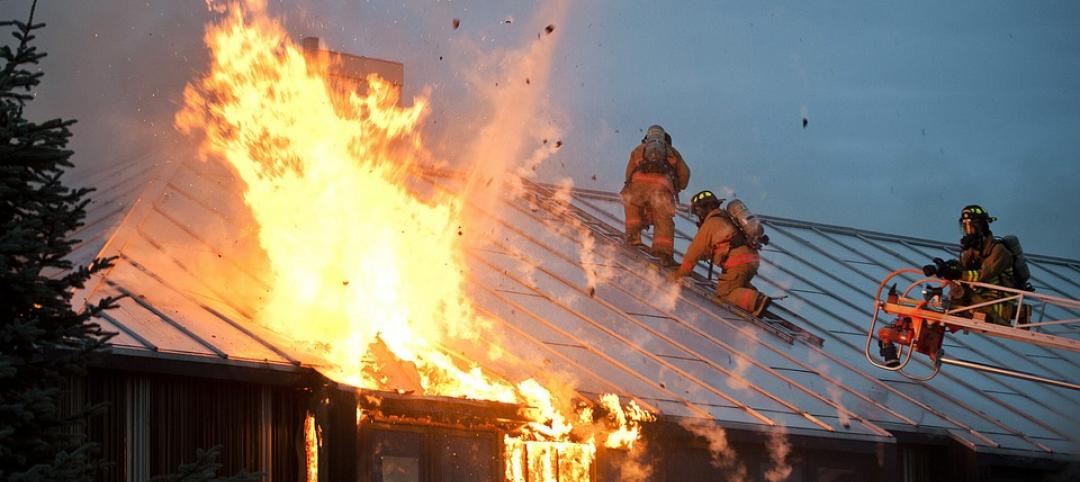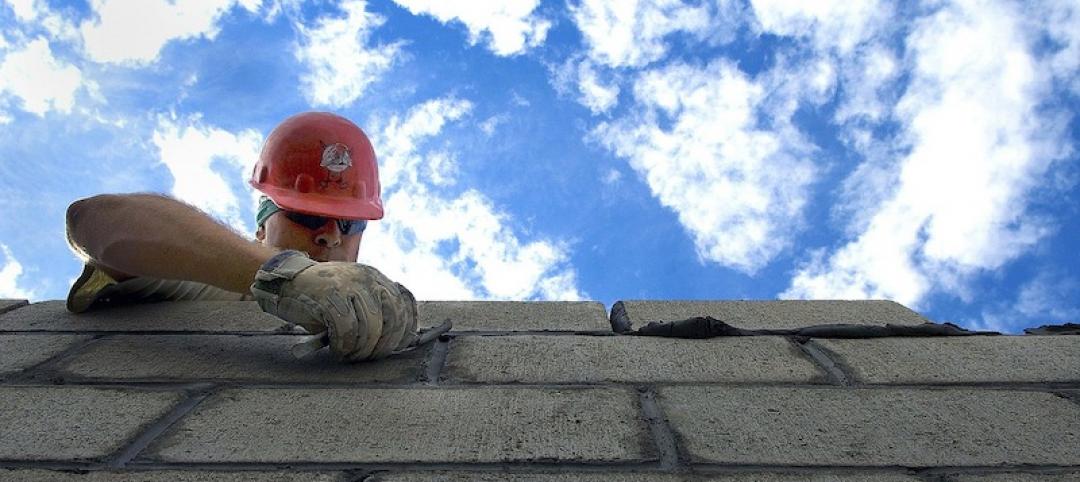The International Living Future Institute has unveiled a new Zero Carbon Certification.
The Zero Carbon Certification provides greater flexibility around project fuel types (for existing projects) and placement and ownership of offsetting renewables than ILFI’s Reveal and the Zero Energy Certifications, the Institute said in a news release. The new certification is the first worldwide Zero Carbon third-party certified standard, ILFI says.
The new certification is a “broad-based tool for highlighting highly efficient buildings which offset their energy use, regardless of location of renewables,” ILFI says. “It builds on and implements the Zero Carbon concept released by Architecture 2030, the Rocky Mountain Institute, and the New Buildings Institute in 2016, and the worldwide call for zero carbon standards from the World Green Building Council issued in 2017.”
The certification requirements include: buildings must achieve a targeted energy efficiency level during a one-year performance period, and all of the project’s energy use must be offset by on- or off-site renewable energy on a net annual basis. The Zero Carbon certification is the first step towards Living Building Challenge certification.
Related Stories
Codes and Standards | Jul 23, 2019
Berkeley, Calif. passes nation’s first ordinance to make new buildings all-electric
No gas hook-ups will be allowed in new houses, apartments, and commercial buildings.
Codes and Standards | Jul 22, 2019
San Francisco office building is city’s first structure certified by BREEAM USA for existing buildings
The Landmark @ One Market is one of San Francisco’s most architecturally distinctive buildings.
Codes and Standards | Jul 16, 2019
ASCE seeks comments on update to Calculation Methods for Structural Fire Protection standard
Pertains to fire resistance rating times.
Codes and Standards | Jul 15, 2019
USGBC calls for proposals for feedback, concepts for next LEED version
The move follows successful public input on LEED 4.1.
AEC Tech | Jul 15, 2019
Lack of standards hampers development of exoskeleton industry
Guidelines, common terminology, and testing methodology are needed, says expert.
Concrete | Jul 8, 2019
Concrete repair code requirements released
American Concrete Institute offers guidance on assessment, repair, rehab of existing concrete structures.
K-12 Schools | Jul 8, 2019
Collaborative for High Performance Schools releases 2019 Core Criteria Version 3.0 Update
The update adds credits to lower carbon footprints and to promote climate change resiliency.
Wood | Jul 8, 2019
Campaign launched to promote ‘climate-smart wood’
The Forest Stewardship Council and other groups aim to help buyers understand and make it easier to locate lumber that meets sustainable forestry standards.
Urban Planning | Jul 8, 2019
U.S. cities experience ‘Doppler shift’ in walkable urban development
The walkability trend is spreading to urbanizing suburbs.
Codes and Standards | Jun 27, 2019
Construction workers need continuous skills upgrades
A report by Autodesk and Deloitte focuses on how workers can succeed in an automated world.

















